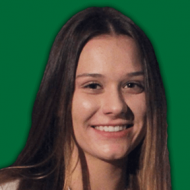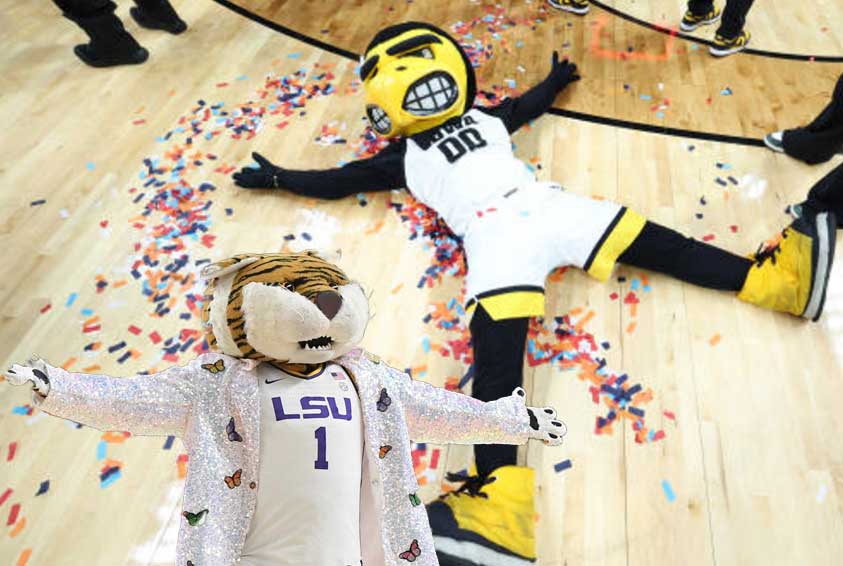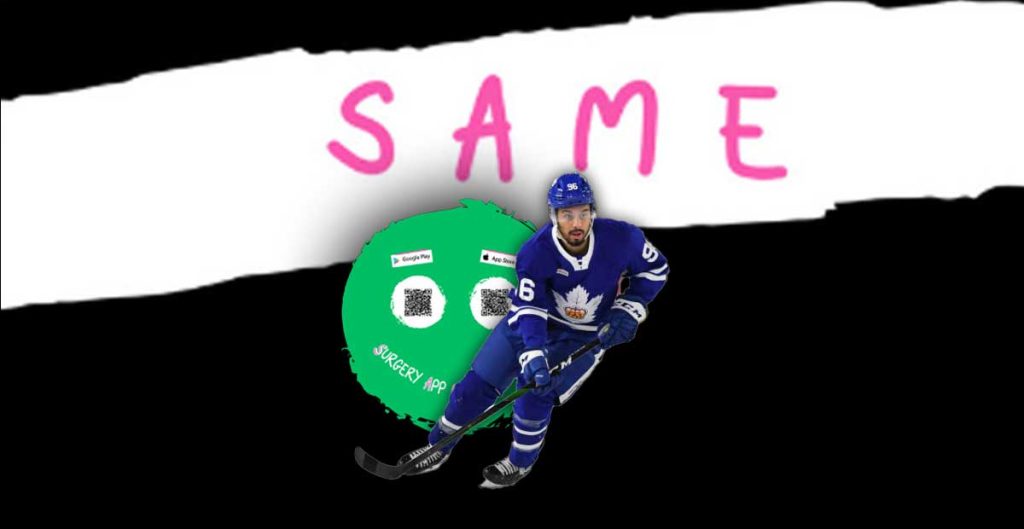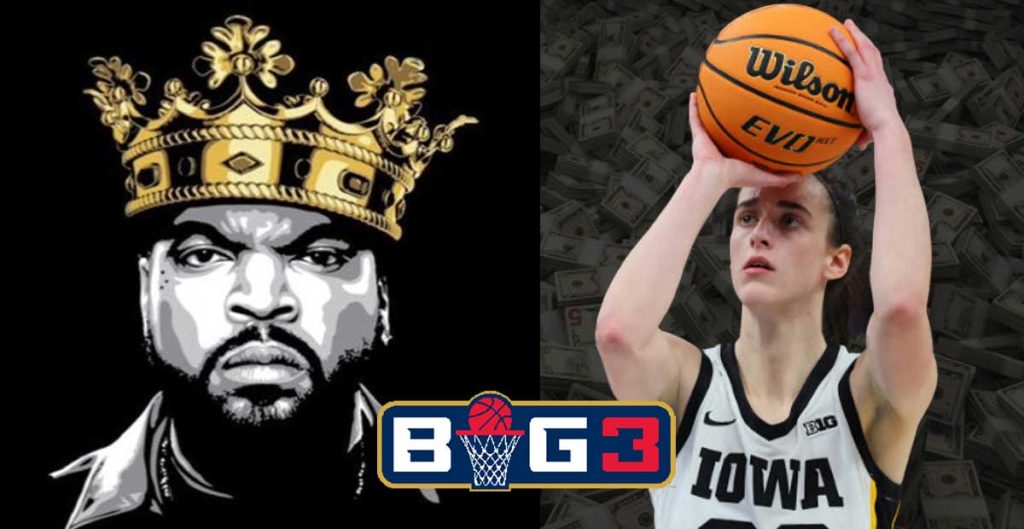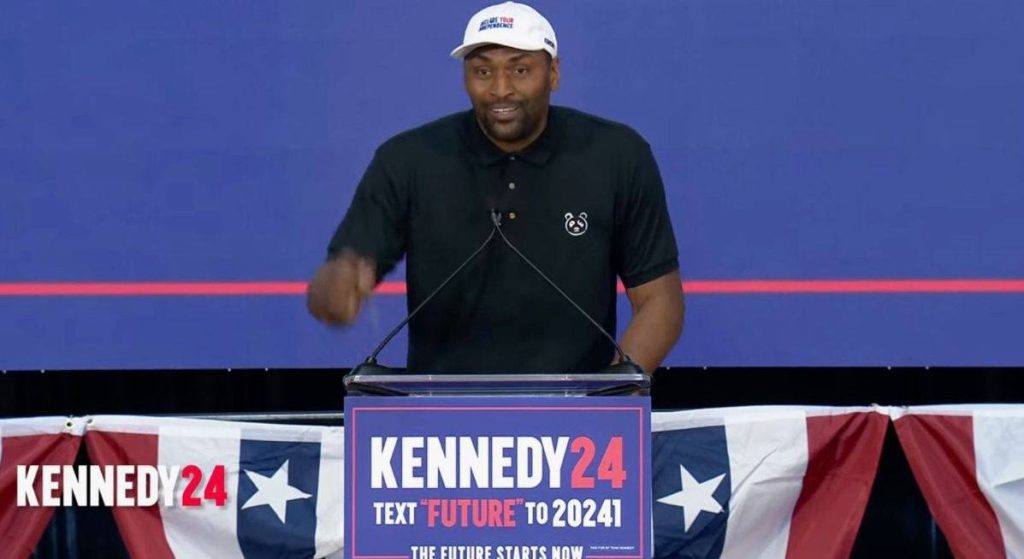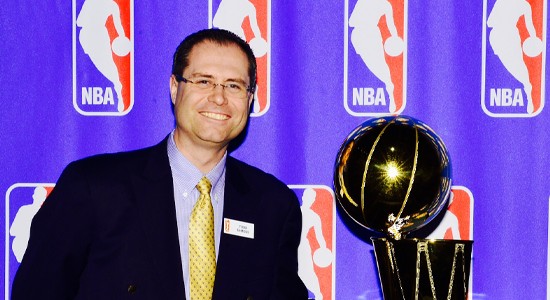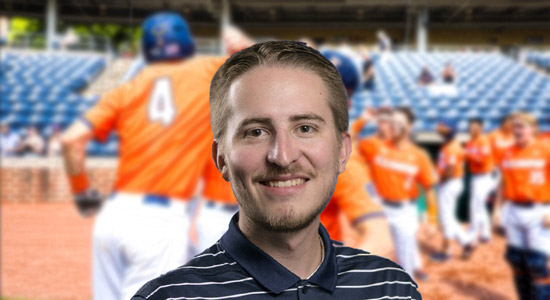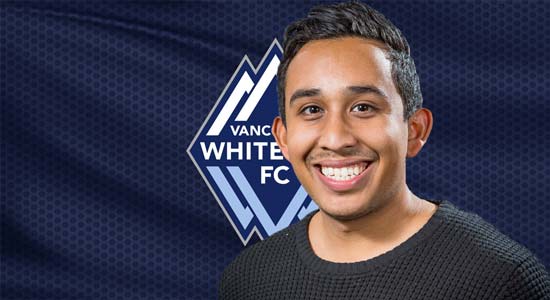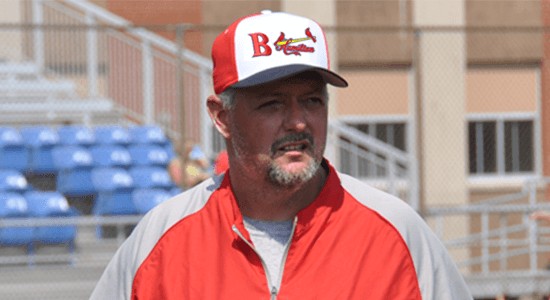
From On Field To Executive Decisions, Hamilton Cardinals GM Jeff Lounsbury Has Been There, Done That
Jeff Lounsbury | General Manager | Hamilton Cardinals

Passion for the game and commitment to your team, players and owners are key. That's part of what I bring the Hamilton Cardinals (of the Intercounty Baseball League).
Jeff Lounsbury
General Manager
Hamilton Cardinals
Before we begin, give us a little update on how your job has changed since the World Health Organization (WHO) declared COVID-19 a global pandemic.
With COVID-19 we are in the same situation as many. We have no idea if we will have a 2020 season. The IBL has played in over 100 seasons and played through WW2. We are hopeful for a modified 2020 season starting July 1 and are planning such but we will take our direction from health officials, city staff and Baseball Ontario.
Tell us about your role as the General Manager of the Hamilton Cardinals.
My biggest responsibility is player acquisitions.
The IBL is such a unique league and there are many different player pools that you have to navigate each year. We are the best amateur league in Canada so we have college-age players and we are competing with college wood-bat leagues, we are allowed 4 imports so you are competing with independent pro leagues and then we have geographical issues within our league and you’re competing within Ontario for the best players that have finished playing pro and wish to continue or guys who have just finished college.
Overseeing baseball operations at the park, ordering equipment making sure coaches and players have what they need every day and communicate these things with ownership while staying within budget. This past summer was very difficult since I was fighting Stage 3 Colon Cancer and was having treatments during the season but my Assistant GM Larry Wood did an outstanding job with game-day operations and picking up my slack.
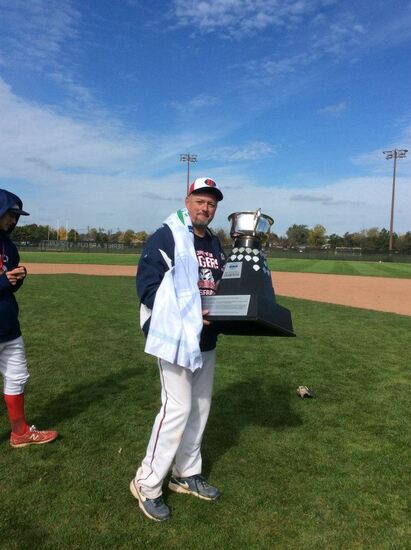
What does a typical day look like for you?
Well, like most Canadians involved with sports at this level in Canada we are doing this for the love of the game and we have to navigate full-time jobs and families. Thus passion for the game and commitment to your team, players and owners are key. I spend much of my time working on depth charts and looking at transactions from other leagues, following players at college, following recruiting websites where players send out there resumes. There has been such an increase in these types of tools.
Watch YouTube videos of players and sending out emails to potential players that I think might fit here in Hamilton, Ontario and find out what their plans are for the summer. I am constantly looking at those charts and moving names around. I spent 20 years coaching one of the most successful Canadian University teams and it’s exactly how I recruited back then.
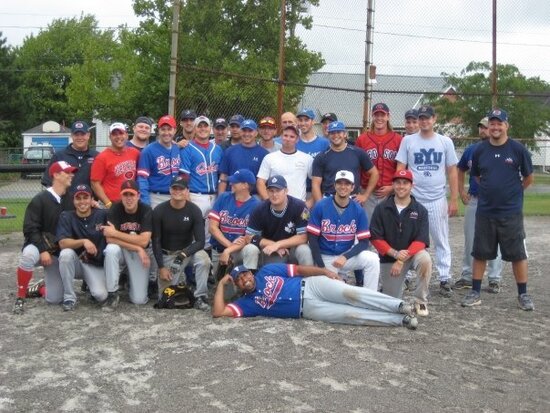
When was the point you realized that you were meant to do this career?
Mike McRae, who is now the pitching coach at Virginia Commonwealth University (VCU), and I coached hockey together in high school and then he went off to college to play ball and hockey, I ended up getting a full-time job with the government at 19 years old, thus kind of making my mind up right then.
When Mike graduated and came home in 1993 and asked me to assist him in coaching Niagara Falls midget all-star baseball and start the Niagara District Youth Team. We did that for two summers and then Brock hires Mike and me to run the Brock Baseball program in 1995.
After the first season, Mike takes an opportunity in the USA coaching and I end up moving from 3b coach to taking over the Brock Badgers team. I have a full-time job, and Brock then was a club team and we had to raise every dollar and we ran the Brock program like a US program right from the beginning with recognizing the differences with weather and funding. But we played 36-40 games, I recruited heavily and worked so hard to get the Brock name out there and it worked.
I ended up coaching in the Hamilton IBL in 1998 and 1999. I was involved in re-building the team and I used that experience for coaching older players and recruiting as well.
Running the Brock program for 40 games, practices every day for 2 months, winter workouts, 40 games in the summer in IBL and working 37.5 hours a week, burnout was unavoidable.

We won back to back championships at Brock in 1998 and 1999 I knew then I was in this for the long run. I loved every minute of it. The week-long training camp was the highlight of my year, it was so much fun to see 50 kids at camp the returning guys amazed at the new talent level, the guys who transferred from US schools looking at there new teammates saying, “ I had no idea it would be this good.”
I took tremendous pride in what we were building there but I was determined to build Canadian university baseball to a higher level, and I worked within the university to help our program become a source of pride for the University and our players would be recognized. We become a varsity sport in 1998-99 and one of our athletes Andrew Tinnish (who is now A/GM with the Toronto Blue Jays) became Brock’s athlete of the year and we were the team of the year.
But I also had a love of the Intercounty and found myself every few years returning for coaching stints I was back in Hamilton 2007 and then Burlington 2011-12, then again in 2016-17. I had retired from Brock after 20 seasons in 2015 and was not with Burlington and I was out of baseball for the first time since I was 25.
The Hamilton Cardinals team ownership was calling it quits and the team was going to fold. A group of persons were working with Hamilton politicians and business people to see if they could save the team and find new ownership.
Dean Dicenzo, a long time Cardinal and Hamilton baseball icon, along with John Foden another former Cardinal player hooked up with Carmen’s Group and other baseball-loving persons to form new Community-based ownership to save the team.
I reached out to Dean and called to congratulate him on saving the franchise. He says to me on the phone “funny, that you called you were the next call I was going to make, can you be the GM of this new team” and that is how I got back into baseball as GM of the Hamilton Cardinals
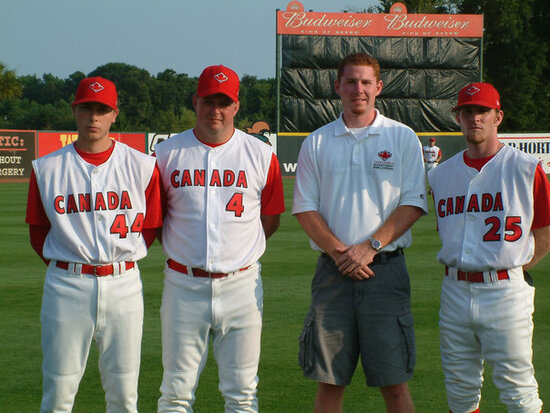
What are the most rewarding and the most challenging aspects of your role?
The first season in Hamilton in 2018. The team almost folds and was in last place in 2017 (9-27). We are starting from scratch and we are starting late. We go 15-21 move up to 6th place and win our first round of playoffs in 15 years. It was unbelievable seeing how excited the players were jumping all over each other. I tried to explain how difficult it is in this league to improve that much in one season and I knew we were onto something. Now, managing those expectations in year 2 is the challenge.
I think we did a great job moving up 3rd place winning 20 games for the first time in anyone’s memory and winning another round of playoffs. I think we were in a great position to take the next step but now with COVID-19 as we know, everyone’s priorities have changed and we have no idea what lies in store for 2020.
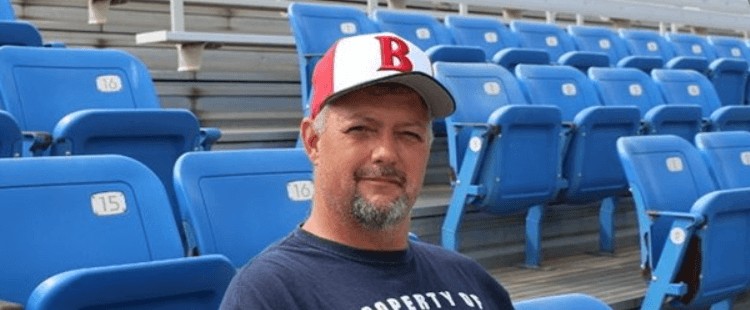
What is something people don't realize about working in the sport industry?
In Canada, how lucky you are if you’re getting paid. Unpaid internships are everywhere. You do have to put some time in and learn but there are only so many GM jobs in MLB/NHL/NFL etc… So, you better have the passion to stick it out and be ready to move around.
Relationships are huge. I encourage everyone to know Alex Anthopoulos’ story or Kyle Dubas, GM of the Toronto Maple Leafs and Andrew Tinnish, Assistant GM of Toronto Blue Jays. What those guys did and where they came from, it did not just happen overnight.
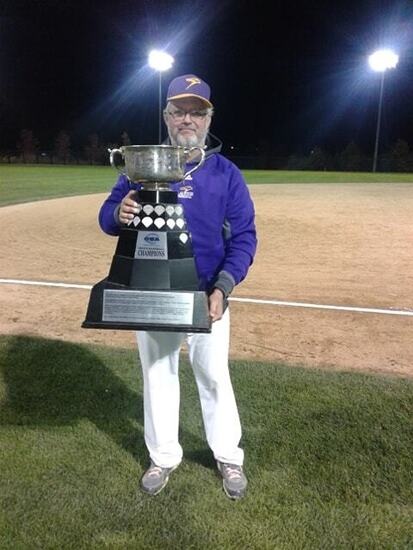
What are three essential skills someone needs to succeed in the sport industry?
- Passion: you have to have passion for the sport/team/city/players/ownership that you get involved in. You are selling yourself and everyone you represent. If you’re faking it, people will know.
- Listen: You can learn something from anyone and everyone. You can learn from there experiences and use them to navigate your own similar experience someday.
- Confidence: you will be wrong, you will screw up, you will make mistakes and you have to be humble enough to recognize them, learn from them, take responsibility for them and then have the confidence to move forward and continue to do your best.
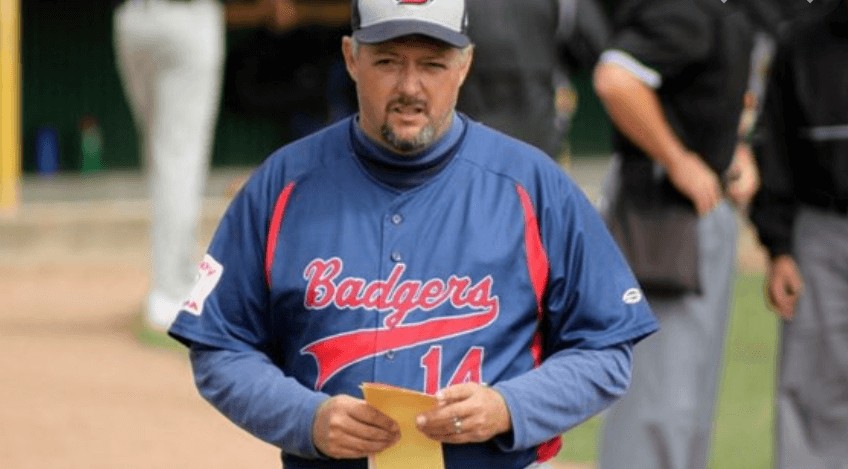
If you could have a superpower to help you in your career, what would it be and why would you choose to have it?
Is time travel a superpower? [laughs]
I would love the chance to re-do some mistakes or say something to an athlete to help them more, or even to enjoy the moments I was having and did not realize it. When I knew I was retiring from Brock, those last 2 seasons were some of the most fun I had ever had at the park.
I also knew I missed being in uniform and helping young athletes which makes my return to OUA baseball as an assistant coach at Wilfred Laurier University so rewarding. And finally, going through cancer last year and seeing my wife Mary helping me get to the park, knowing that being there, was the best thing for my mental self.
Baseball has given me far more than I could ever give it.
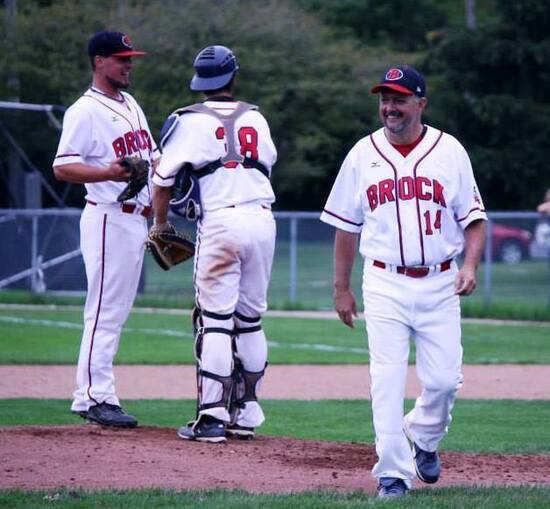
[get_current_post_author_pic_and_name]
Jeff Lounsbury’s journey from one of the most illustrious coaches in Canadian university baseball history to General Manager of the IBL’s Hamilton Cardinals is a true testament to how hard work and perseverance produces results. He currently plays a huge role in recruiting, coaching and player management, and he’s an undeniable asset to the Cardinals return to success. I think his story and resilience will inspire young players to continue their journey in sports and strive for excellence in all aspects of their careers. As Jeff Lounsbury says, “find what you love and stick with it.” Jeff has done that and 20 years and 500 wins with the Brock Badgers baseball team speaks for itself.
The Latest

